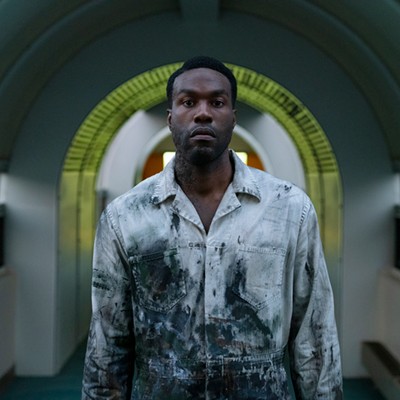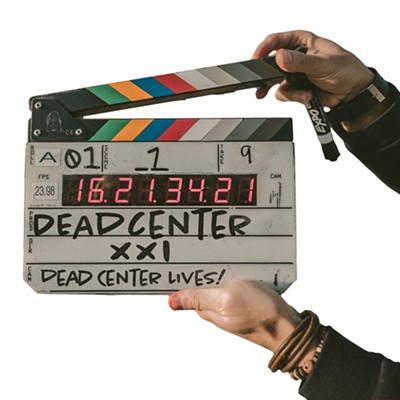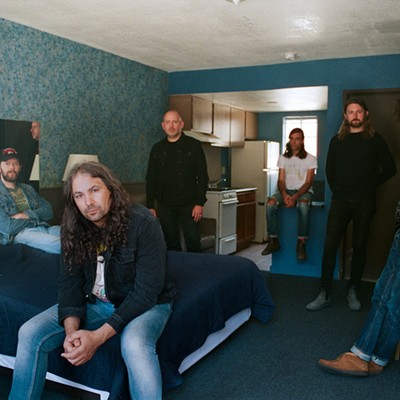One of the basic tenets of armed rebellion holds that guerillas will ultimately prevail when patient and prepared for extended conflict and drawn-out battle.
Similarly, Steven Soderbergh's ("Ocean's Thirteen") take on revolutionary icon Che Guevara is no quick victory, instead a protracted film entanglement that machetes through the jungle only to celebrate scattered victories.
Collectively clocking in at just less than four hours, "Che" is a biopic split into two parts. For all practical purposes, the two parts are their own films. With quick cuts that stutter back and forth through a series of timelines, the first part, "The Argentine," centers on the Guevara's (Benicio Del Toro, "Things We Lost in the Fire") initial Mexico meeting with Fidel Castro (Demián Bichir, TV's "Weeds"), the pair's later efforts to overthrow Cuban president Batista and Guevara's 1964 trek to New York, where he gave a fiery speech at the United Nations.
The second film-within-a-film, "The Guerilla," leaps forward in time and follows Guevara as he leaves his relatively cushy job in the Cuban Finance Ministry and leads a failed coup in Bolivia.
The mood and pacing of the two parts are entirely different, " epic, to be sure " but never fully effective.
MOST PALPABLE
"The Argentine" is the most palpable of the two parts. In it, we are given a back story on Guevara, an asthma-prone physician who serves Castro most effectively as a strong leader who galvanizes other fighters and steadfastly defends the struggle of poor, rural villagers. By the time he was to make his speech at the U.N., he was a celebrity among would-be philosophers. The first half shows the leader during this New York visit, as he makes the rounds at American cocktail parties, where the affluent eagerly clamored for the famed revolutionary.
"The Guerilla" slows significantly, but is far grander in its efforts to explore Guevara's final battle. With almost no dialogue from his more-vocal Castro companion, scenes here rely on Del Toro's considerable understanding of history, scene and character to carry the second half of the film. In Bolivia, Del Toro toils in anguish, but there is little action on which to hang interest, especially as the hours drag on.
Visually, "Che" is unrivaled. Soderbergh shoots long, taking in panoramic sequences of soggy jungle battle and gritty urban fighting. Guevara's impact is always affected by his setting, and, like a character, Soderbergh is sure to frame it prominently in every shot.
Soderbergh shows remarkable restraint throughout "Che," favoring a documentarian approach instead of a dramatic one. And while film might capture the most historically important aspects of the iconic guerilla's arc, many of the most boring moments steal too many scenes. It might be unfair to boil a complex character like Guevara down to his most exciting, engaging moments, but that's what films best help distill.
The acting is top-tier, but the Soderbergh's presentation is tedious thanks to the running time, which dilutes most of "Che"'s effectiveness.
"Che" will screen Friday and Saturday at the Oklahoma City Museum of Art. Part one will be shown at 5:30 p.m., while the second part will follow at 8 p.m. on both days. "Joe Wertz












